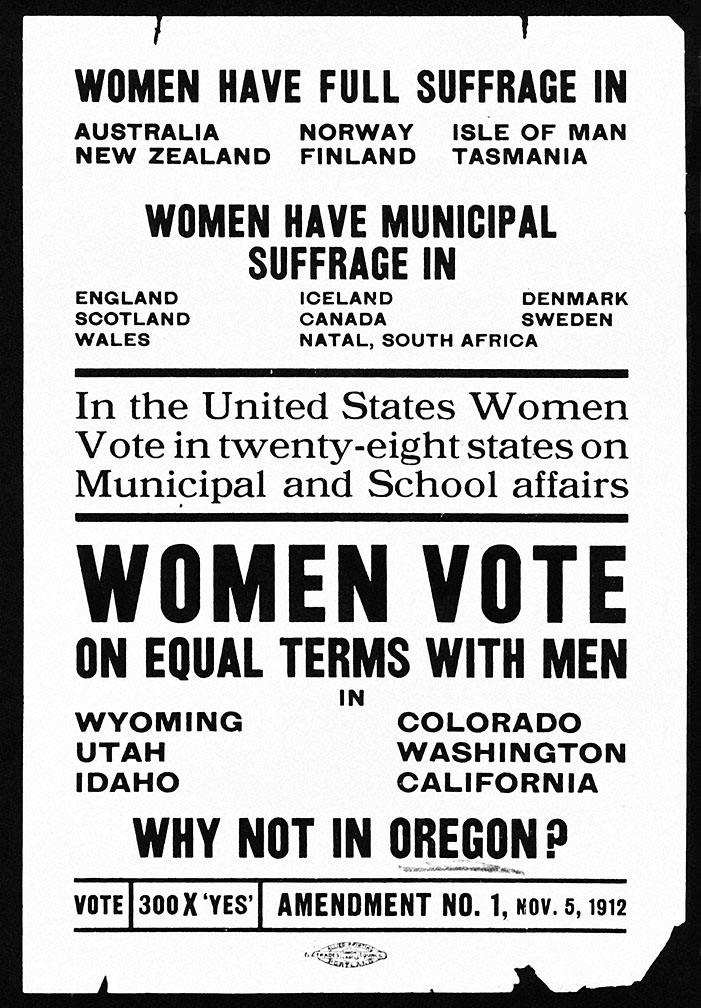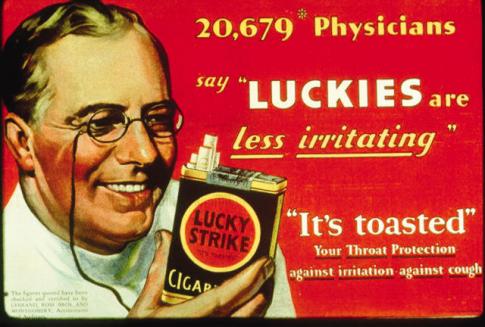The Immense Power and Potential of PR and Advertising in the Age of Millennials
When the British government levied another tax on tea entering the new world, American colonists decided they’d had enough. Gathering in Boston Harbor on a cold December night, the protesters boarded an East India Company ship and hurled 342 chests of tea straight into the harbor.
Before there was an America, or even an American Revolution, there was a single protest and a catchy slogan: “No taxation without representation.” An emotion took hold and an idea took flight, spreading through the new world.
But this feeling wasn’t unique to the Boston Tea Party. In fact, most great movements begin the same way — with powerful messaging that we think of as PR and advertising.
Today, we view them as massive commercial forces that compel us to buy sedans and soft drinks, but advertising and PR have been, and can be, so much more. Throughout history, they have touched our lives in unseen ways — changing cultures, beliefs and societies.
Decades before the Civil War, Frederick Douglas’ impassioned autobiography gave voice to the horrors he experienced during his life in slavery. “Votes for Women” posters propelled the women’s rights movement and helped pass the Nineteenth Amendment granting women suffrage. Advertising and public relations gave us the 40-hour workweek and helped end child labor in America’s factories. Rachel Carson’s landmark novel Silent Spring ignited the environmental movement and led to a ban on ozone-depleting DDT pesticides.
[caption id="attachment_19786" align="alignnone" width="620"] Image by Oregon State University[/caption]
Image by Oregon State University[/caption]
Examine any great social change, from the Civil Rights movement to the end of apartheid in South Africa, and you’ll find some very powerful messaging at the heart of the revolution.
From Propaganda to Public Relations
When we think of the messaging behind history’s greatest social movements, the word propaganda comes to mind. But propaganda wasn’t always the curse word it is today. A way to spread an idea in an impassioned (and often catchy) way, propaganda is really just another, less politically correct, term for advertising and public relations.
It’s easy to see where propaganda went wrong. It died at the hands of dictators who made the world less amazing by creating insane manifestos and public vanity projects designed to cover up their war crimes. In the lead-up to his 1939 invasion of Poland, Hitler filled Germany’s squares with ominous red armbands and goose-stepping Nazi salutes. Vicious dictators like Chairman Mao, Stalin and Saddam Hussein spent millions erecting statues of themselves as benevolent, strong-armed leaders.
While the word propaganda was spoiled a long time ago, public relations and advertising are also becoming tainted by those who use and abuse their power.
Though we in the industry think we make the world more awesome by spotlighting important causes and great products, the public at large views us as the purveyors of spin, bullshit and lies.
How did this happen?
The raw power and potential of public relations and advertising are immense, but with great power comes the potential to do great harm. In war, the first casualty is truth. And the same can be said for PR and advertising.
Our industry lost the public’s trust long ago when it became complicit in some of the greatest sins perpetrated by corporate America. For decades, marketers looked the other way as they touted the health benefits of smoking, and Big Tobacco paid them handsomely for their efforts. They gave us Joe Camel and cigarette ads plastered with health-conscious buzzwords like “fresh,” “toasted” and “doctor recommended.”
As America’s obesity epidemic rises, today’s biggest ad agencies are paid millions to promote a fast food industry built on the backs of cruel factory farms. And as you read this, billions are being spent to prop up the image of the fossil fuel industry, when all the science tells us we need to find new energy solutions to prevent the cataclysmic effects of global warming.
The result of this bad behavior is a massive loss of trust. Forty years ago the public believed what brands and advertisers told them.
They don’t anymore.
We lied. We over-promised. We under-delivered and took a blast-first mentality to push dubious products and rack up quick sales. Invasive interruption marketing techniques taught consumers to screen their phone calls and avoid their doorbells. Eventually, they became numb to our messaging and ignored us completely.
The people and processes that got advertising and PR to where they are today won’t get us where we want to go in the future.
Nearly $2 trillion is poured into global media spending, and not all of it is good. The industry is at an inflection point. Will advertising and public relations join propaganda in the dustbin of history? Will they continue to manufacture false claims to hock dishonest products? Or will we take a stand and decide (borrowing a phrase from Google) to not be evil?
The Millennial Mandate
The fate of marketing rests in the hands of future generations, particularly the 80 million-strong millennial generation coming of age today. Today’s youth are generous, idealistic and cooperative. They support gay marriage and embrace racial tolerance. They champion workplace equality and care about the environment. Making a difference is more important than making money, and they expect the brands they support to feel the same.
Inherently skeptical of those in power, these savvy consumers don’t trust brands. But at the same time, they expect more from companies than any generation in history. Their beliefs are already shaking up the industry, and their values will change it forever.
Millennials are challenging us to think beyond spending power, reach and impressions. Advertising and PR must stand for something. As the ones who convince these young people to spend their hard-earned cash on products we recommend, we must embody a brand’s hopes and dreams. If our ethics contrast with the philosophies of our clients, we should not represent them.
Beliefs don’t always lead to courage, action or change, but millennials are challenging us to lead the charge and actually stand for something.
They want us to do better — to be better — and they are willing to help us get there.
It is up to us to protect the truth and to protect the industry from itself. We must work toward improving our industry because doing so will make the world a better place. Then, and only then, can we be proud of our industry and protect PR and advertising from becoming another casualty of history.



Comments
Add A Comment